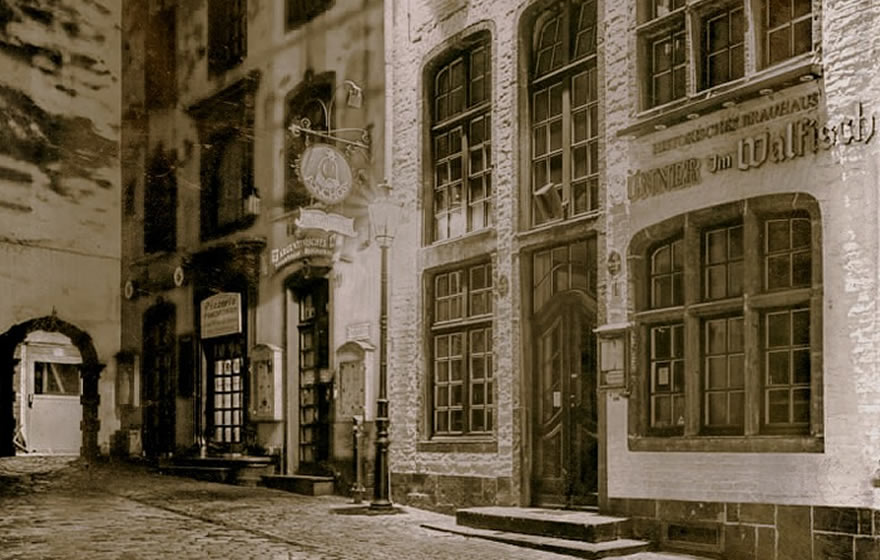Companies as urban infrastructure. A suggestion.
We live in a society in which individuality and diversity are constantly growing. This also brings together a wide variety of identities, lifestyles and values. In urban infrastructures, we experience both the richness and the susceptibility to conflict of this situation. The need to create spaces for dialog and understanding, to keep them alive and to orchestrate them, is becoming ever stronger. We are increasingly confronted with the tensions of this situation and know that there is no return to a world in which communities live unquestioningly in a shared cosmos of values with defined identities. We are an open society that relies on understanding and thus on a never-ending dialog.
Does this have an impact on companies and on what we call organizational development? Companies are communities that are also subject to the above-mentioned trends that are clearly visible in urban infrastructures. The more globally companies operate, the more they experience these dynamics. Ten years ago, it was sufficient to formulate a common code of values and conduct within the company, but today it is important to ensure that the different »identity concepts« find a place in the corporate living and working space in such a way that joint, targeted action is possible.
It is doubtful whether the predominantly oligarchic constitution of companies offers the right structure for this task. There are good reasons why organizational development is concerned with democratic approaches, even vertically democratic ones. Paternalistic communication concepts that proclaim the right and good behavior in waves of influence miss the real question. This is: How can a community with constantly growing diversity, which is characterized by a multitude of value orientations, identity concepts and codes of conduct, still act in a targeted, coordinated and cooperative manner? A good corporate culture is one that has room for the individual characteristics of the company’s citizens and at the same time creates benefits for the community. This balance cannot be dictated.
It therefore makes sense to look at a company from the perspective of an urban infrastructure. This has peculiarities that we can also observe in companies today. For example, the role of a manager is changing – their authority often only exists on paper. His task is increasingly a political one: to form communities, give them orientation, procure majorities. In order to achieve this, the amount of communication required increases many times over and he is obliged to engage in dialog. The amount of time spent in conversation is increasing significantly.
Another characteristic of urban structures are the niches, the open spaces, the room for the unregulated. This is where individuality is expressed, where the humus is formed on which innovation and improvement can grow. Diversity is not a statistics game, it is important that diversity can be lived. Only then can the benefits of a diverse community be experienced.
And finally: urban infrastructures create places of chance, of unintended encounters. This is where stimuli and impulses occur outside of routines. And this is where motivation is essentially created, which also has a social aspect and relates to a sense of belonging.
And if we look at the increasingly digitalized world of work, it will be a task to shape urbanity in digital spaces.

Author: Rüdiger Müngersdorff
First release: January, 15, 2021
